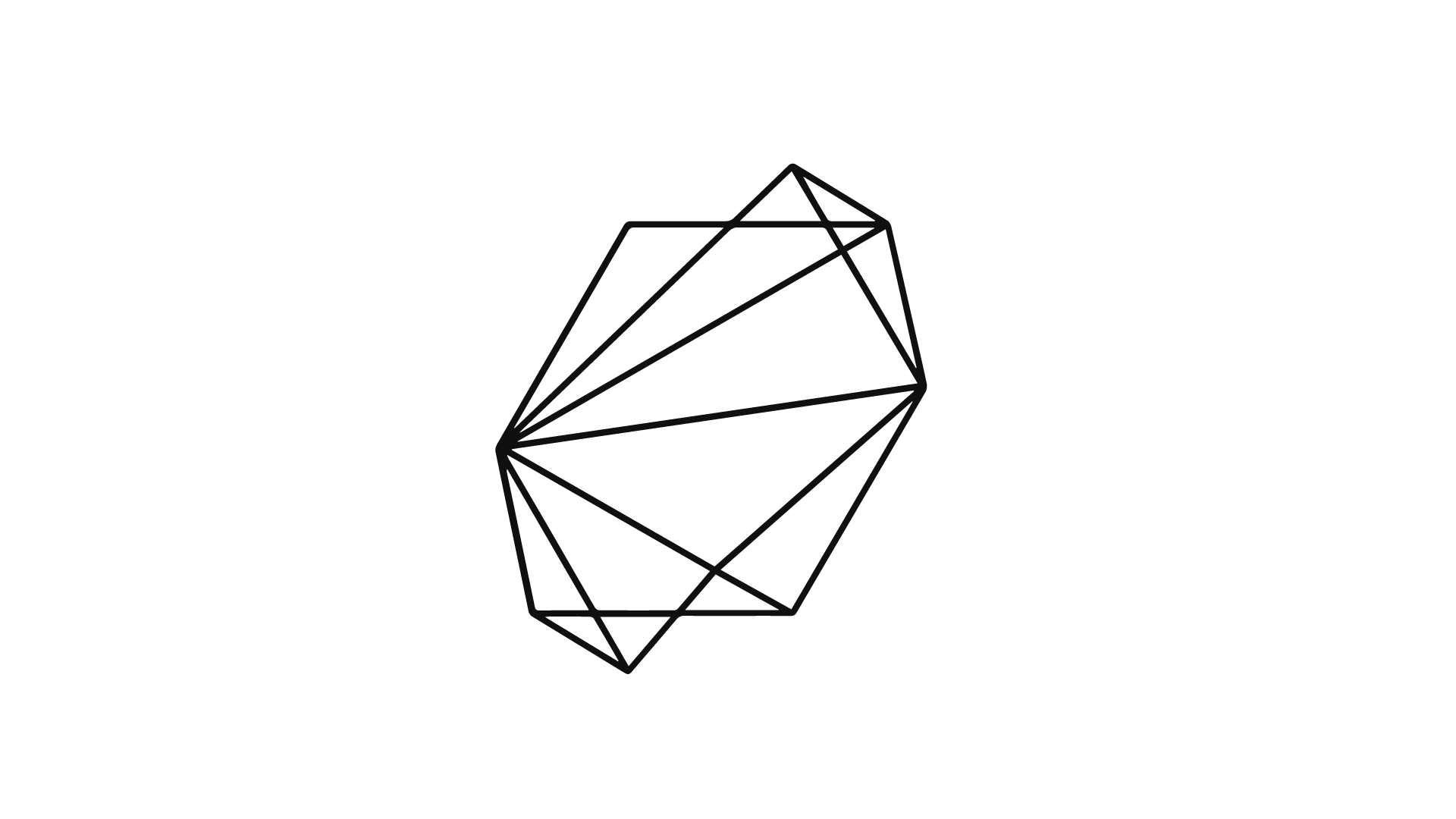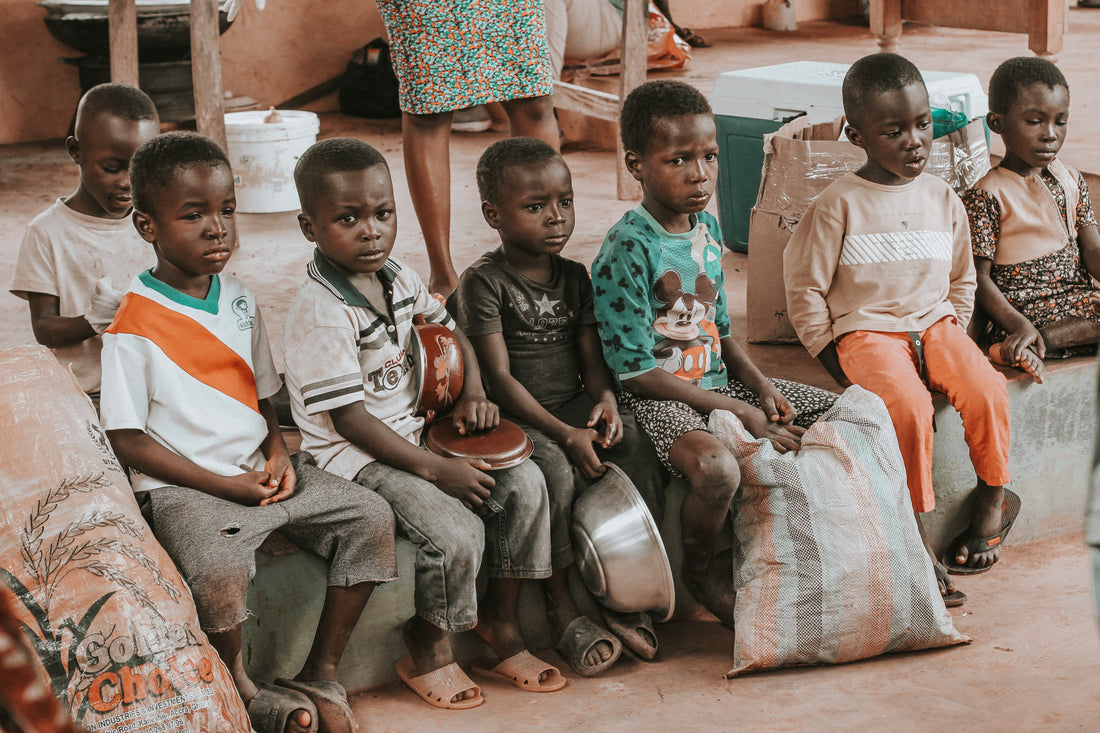Once I was told a story about the hummingbird and the forest fire. A terrible fire broke out, and huge woodlands were engulfed by raging flames; frightened, all the animals fled their homes and ran out of the forest. As they came to the edge of a lake, they stopped; discouraged and powerless to watch their homes dissolve in flames. None of the animals, but a tiny hummingbird, decided to swoop into the lake and pick up a few drops of water. It went back to the forest and put the tiny drops over the fire. Then it went back to the lake and repeated the procedure, again and again. The rest of the animals watched the small bird in disbelief; some were even disparaging the efforts. One of the more giant animals finally mocked the hummingbird by asking, “what do you think you are doing?” The hummingbird, without wasting time, looked back and said: I won’t stop the fire alone, but I’ll do my part, and if we work together, we can make it!
Similarly, Buy Food with Plastic came up as a response to the environmental and political issues I encountered while travelling with my friend in Nicaragua summer of 2018. We saw a lot of plastic along the shorelines, and the political crisis that escalated simultaneously had severe consequences for the tourism industry.

Photograph: July 2018, Popoyo, Nicaragua
Many hotels and restaurants along the coast closed since few foreigners managed to make their way to Nicaragua. When we saw that families in the communities struggled to provide food for their children, it became clear that if people would help collect plastic, they could use plastic as currency to pay for a meal. This idea was well received in the communities, and over 150 people participated in our events that summer. We collected several 1’000 plastic bottles and used them as a building material for a new house in the community and upcycle them to new valuable products.
Together with other “animals of the forest” (humans of the world), we have scaled this idea to Ghana and India within the last three years.
Our vision is to create a GLOCAL self-sustaining Ecosystem of joy, knowledge and opportunities. With our concept, we create hope and unite people by turning local problems into solutions.
By 2050, our oceans will probably contain more plastic than fish by weight (p.14). Still, everyone can do something to fight plastic pollution and poverty — especially by participating on a grassroots level around the world. Every human carries a responsibility to carry their plastic from cradle to recycle bin, help other humans in need, and we’ll hope that you’ll join us on that journey.
If you want to become one of the supporting animals, then click here.
Khalil Radi

